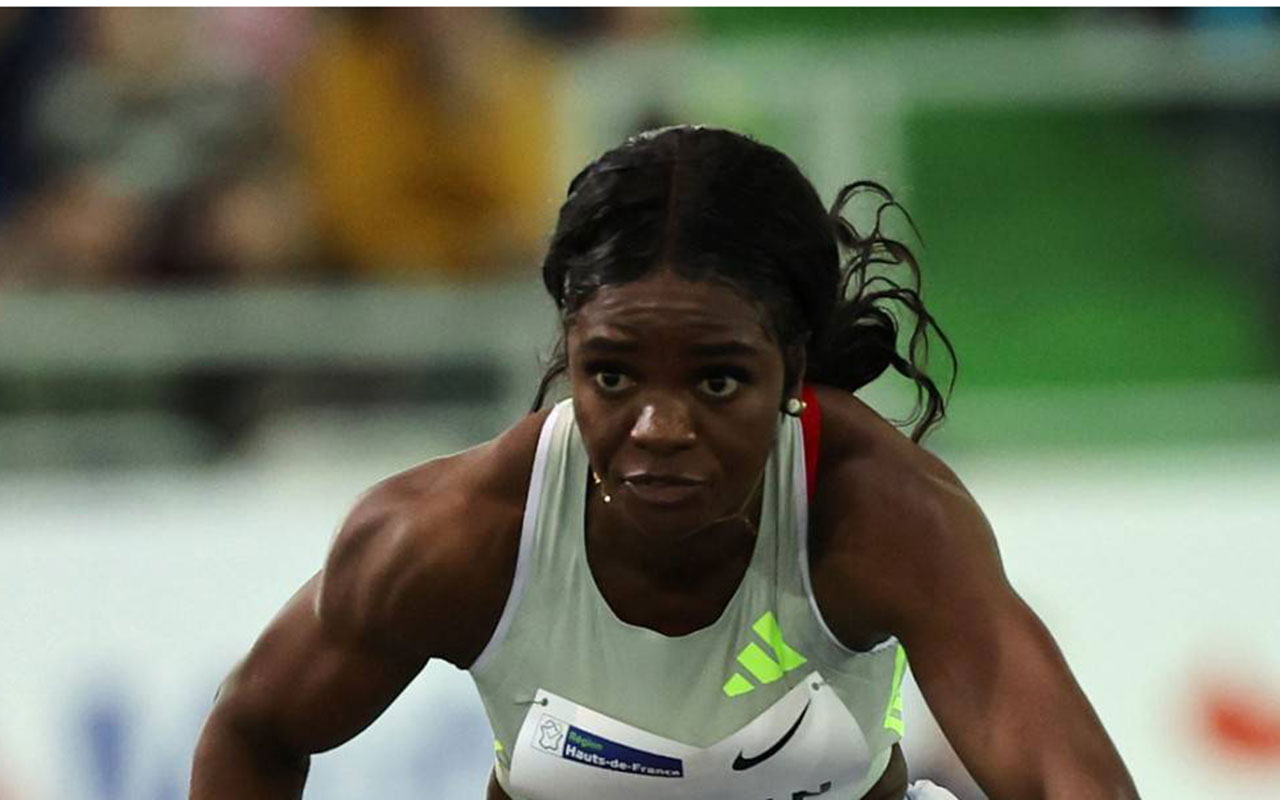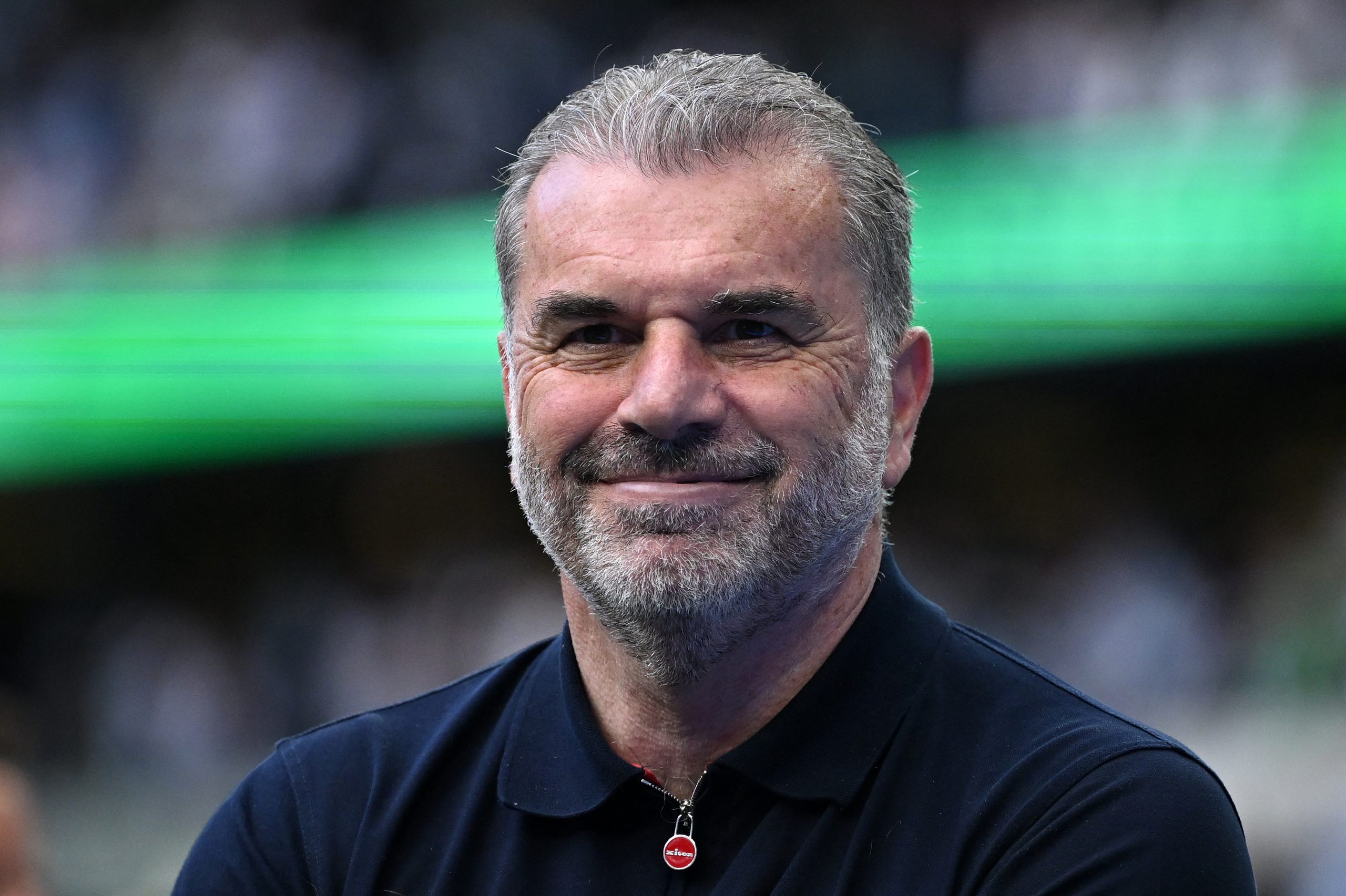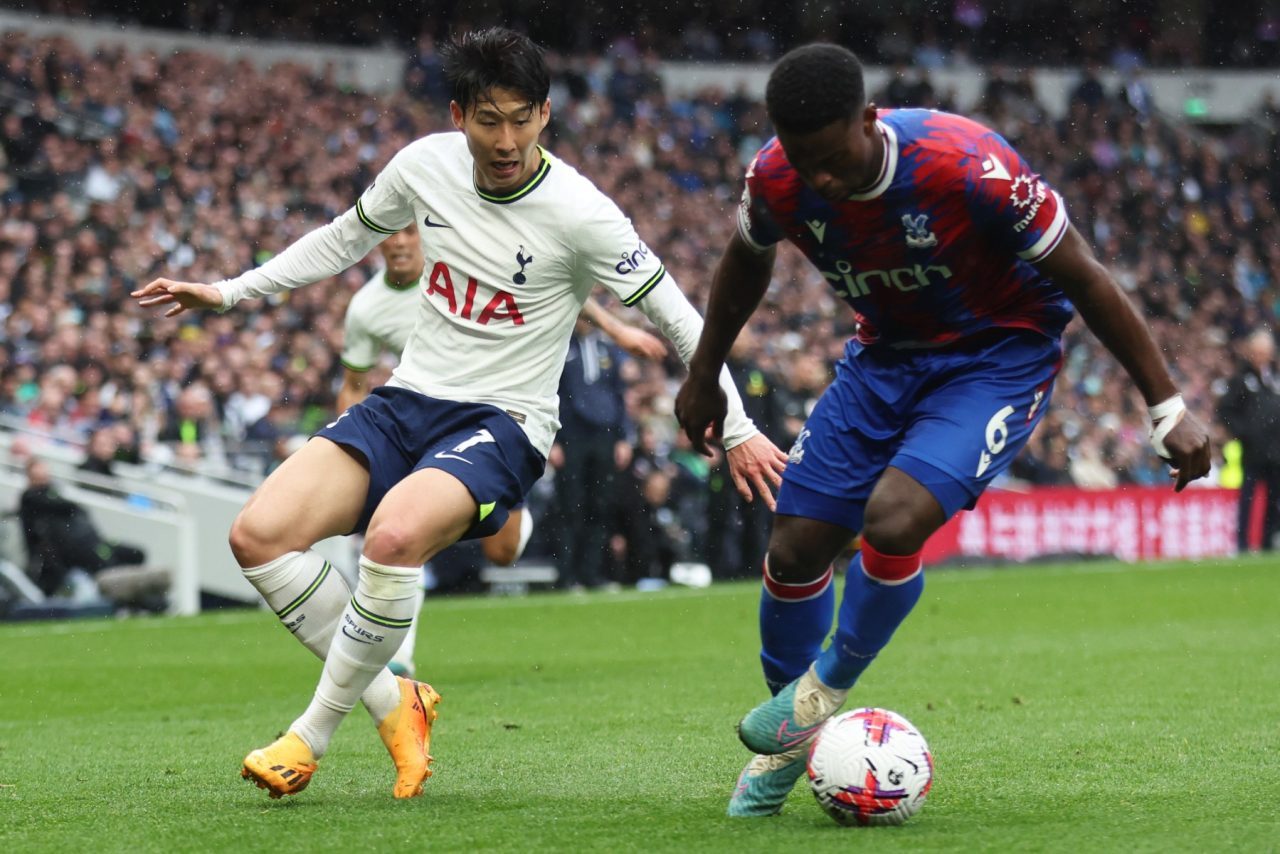Tobi Amusan’s viral video showcasing Team Nigeria’s kit at the ongoing World Athletics Championships in Japan, for the umpteenth time, raised questions about how prone the country is to scandals during major championships, GOWON AKPODONOR reports.
Such international competitions as the Olympic Games, FIFA World Cup and the World Athletics Championships, among others, are avenues for countries to exhibit their sporting prowess, display their spirit of excellence, as well as what they are in spoken and unspoken terms.
The United States, one of the dominant forces in global sports, for instance, shows up at international sports meets not only with the best that it has; this creme-de-la-creme of sports talents are usually kitted out by some of the best sportswear manufacturers on earth.
On the other hand, the athletes’ welfare package is sorted out ab initio because of the belief that their stars can only shine brightest when they are not bogged down by extraneous issues that affect their concentration in such competitions.
At the ongoing World Athletics Championships in Japan, Nike is Team USA’s major wear provider, but their uniforms for the opening and closing ceremonies were designed by iconic fashion manufacturing outfit, Ralph Lauren.
The Americans understand that kits are important to the athletes because they enhance performance through comfort and tailored design, as well as foster national pride and team unity.
It provides athletes with choice and autonomy in their gear, allowing them to feel secure and express their individual styles for optimal performance. Unlike the situation in some other countries, including Nigeria, the kit design process in the US involves athlete feedback, ensuring the wear is both functional and empowering.
The Paris 2024 Olympics marked the 40th anniversary of Adidas as Team Great Britain’s official sportswear partner at major sporting events. It has made every British athlete feel connected to the team, with Adidas keeping to its tradition, using the block colours of the Union Jack and featuring the flag prominently on all designs.
Similar to Team GB, the Jamaican Olympic and Paralympic teams have kept the tradition of wearing the colours of the country’s flag; streaks of black, bright yellow and electric green, produced by Puma, which has sponsored Jamaica’s athletes since 2001. The brand has become synonymous with record-breaking sprints and podium positions for Jamaicans.
In other countries like Canada and France, having quality kits for athletes at major events is to celebrate the relationship between their fashion and sport.
Like the U.S., competition kits in Canada and France are designed with input from athletes to ensure they are lightweight, quick-drying, and comfortable, allowing for peak athletic performance. Their kits are developed to meet the unique needs of different sports and athletes, including adaptive designs for wheelchair athletes, which can be crucial for physical play.
Even in some African countries like South Africa and Kenya, well-designed kits give their athletes a polished and professional appearance that matches their skill and dedication.
In Kenya, leading sports brands like Nike work with their athletes throughout the design process, gathering their input on sizing, style preferences, and functionality. By doing so, the athletes have the freedom to select from various styles and designs to ensure they feel most comfortable and confident, rather than being forced to wear something that doesn’t suit them.
In sports, when athletes are comfortable and feel good in their kits, it can significantly increase their confidence and overall enjoyment of their sport. And having the choice and comfort of their own gear can be essential for athletes to perform at their highest level.
However, while the rest of the world is moving in the right direction, ensuring their athletes have the freedom to select from various styles and designs to ensure they feel most comfortable and confident, the situation looks different for Nigerian athletes, who, most of the time, do not get enough kits to serve them at major championships.
Inadequate supply of kits for Nigerian athletes has been a recurring issue at major international competitions.
At the 2020 Tokyo Olympic Games, the picture of Chukwuebuka Enekwechi, a throw specialist, washing his kits after an outing, made the rounds, raising questions about Team Nigeria’s kitting arrangement at the Games.
But the sports ministry and the Athletics Federation of Nigeria (AFN) dismissed it as a joke taken too far, while insisting that all was well with the country’s kit arrangement.
The issue resurfaced again last week when world 100m hurdles record holder, Tobi Amusan, in a viral video, criticised the AFN for providing “substandard and poorly packaged kits” for the country at the ongoing 2025 World Championships.
This incident reignited long-standing debates about poor sports management, lack of transparency, and the inconsistent treatment of Nigerian athletes, who often face similar issues with equipment and welfare.
Though, the AFN and the National Sports Commission (NSC) have countered Amusan, claiming the kits are of top standards, many stakeholders are yet to come to terms that a Nigeria national team that has Amusan, a former world champion, current world record holder, three-time Diamond trophy winner and five-time African record holder and other top athletes like Ese Brume, a multiple Olympics and World Championships medalists, as well as Nathaniel Ezekiel, who is in the 400m hurdles final in Tokyo, could be subjected to such indignity.
The stakeholders describe the recurring brouhaha caused by poor kitting at major championships as a symbol of mismanagement and the endemic disrespect shown to athletes.
These stakeholders are not only worried that the AFN has continued to ridicule Nigerian athletes at the global arena, but they also say that such treatments are capable of forcing the country’s best athletes into thinking of changing allegiance to other countries, as recently done by Favour Ofili.
A former AFN board member, Dare Esan, recalled during the week that what happened in Tokyo was not a one-off.
“It is the result of years of negligence and secrecy within the AFN,” he said. “In 2019, Nigeria signed a kit sponsorship deal with Puma. But instead of transparency, the contract was buried in secrecy. Only two officials claimed knowledge of the deal, citing a non-disclosure agreement that excluded even board members.
“They insisted the deal had no monetary value until Puma itself clarified that all fees had been paid. The kits were never delivered to the AFN Secretary General, who, by AFN’s constitution, is the official custodian of such agreements.
Esan continues: “Since then, the AFN has failed to initiate or even discuss new kit sponsorships. For over four years, there has been no public conversation, no strategic planning, and no accountability.
“Nigerian athletes have been forced to wash kits between events, borrow gear, or compete without the basic tools that their peers take for granted. It is international ridicule, and it is entirely avoidable. Nigerian athletes deserve better. They deserve a federation that prioritises their welfare; that understands the importance of preparation, and that treats them with the respect their talent commands.
“Kit sponsorship is not a luxury but a necessity. It is the bare minimum. If the AFN cannot secure partnerships with global brands like Adidas, Nike, or Puma, if it cannot deliver kits to its athletes without drama or diversion, then it must be restructured.”
For things to change, Esan said that the culture of secrecy, favouritism and incompetent managers handling the country’s sports must be put to an end.
“Our athletes are not just competitors; they are ambassadors. And they should never be made to feel like beggars on the world stage. Tobi Amusan spoke out; others will follow. The question now is: will the AFN listen, or will it continue to fail the very people who make Nigerian athletics matter?” Esan asked.
Esan said that the AFN, as currently constituted, is not equipped with the personnel to make that change.
“In 1999, Nigerian athletes, courtesy of FILA, were not only properly kitted to major international championships like the World indoor and outdoor championships in Maebashi, Japan and Sevilla, Spain, respectively, but also to the Olympic Games in Sydney.
“Part of the monies received as sponsorship fees from FILA was used to pay training grants to athletes, both home and foreign-based, unlike the present board going around doing ‘fine bara’ and waiting for government money.”
A former Green Eagles winger and now sports scientist, Adegoke Adelabu, said the crisis surrounding the provision of kits for the nation’s athletes at major competitions is a recurrent problem, particularly for sports administration.
“The issue is the government doesn’t bother itself with what we call excellence in sport administration as a diplomatic way of laundering the image of the nation.
“We had a situation in the past whereby the Super Eagles had their track suits reduced to nickers to play matches. Nothing happened to the administrators because they were not accountable to anyone.
“This particular situation in Tokyo has to be thoroughly investigated, and scapegoats made out of the defaulters so as to serve as a deterrent to other sloppy administrators.
“We have had situations where athletes had to wash their only kits personally in order to compete the next day using them, and nothing happened to the officials. The government has to take a stern decision against the officials and bring positive change to our sports,” said Adelabu.
For a former AFN head coach, Seigha Porbeni, the current kits crisis is as complex as the current political space in the country.
“Sports, which is a professional and a serious multi-billion naira business, has been surrendered to politicians,” Porbeni said.
“Political decisions are usually taken to favour individuals (man-know-man syndrome or godfatherism). The issue of competition kits has been a recurring decimal, ranging from the Oregon World Athletics Championships to the Tokyo Olympics. Remember the Enekwechi Chukwuebuka’s saga, even Tobi Amusan was also gagged, and it took the personal efforts of the former Technical Director of the AFN, Mr Samuel Onikeku, who spent his hard-earned money to fly kits to the UK in the last Commonwealth Games for our athletes.
“Our junior athletes missed the qualifying heats for the Mixed 4x400m Relay in Colombia because their competition kits did not arrive on time. While athletes were in camp preparing for the 2025 World Relays, an ex-international and member of the AFN board was far away in Poland, manufacturing competition kits for the team, again, deploring his personal funds.
“Countries don’t place orders for kits less than a year before competitions. Sports fabric manufacturing companies need time to customise the kits based on the design requested. Other countries are also placing orders. We lack foresight and planning.
“Sports is fundraising. Sponsors have no motivation to get involved. Funds from the government usually take time to come, so the AFN board must plan way ahead.”
To avoid a repeat of the issue, Porbeni said: “I suggest to the Federal Government, specifically, the Ministry of Education, to scrap Physical and Health Education and Recreation, SD, and Human Kinetics, as well as other sports-related courses like Sports Psychology, Sports Medicine, Sports Nutrition, Institute of Sports, Sports Universities, to mention a few.
“The reason is that, after years of studies and graduation, these graduates end up losing their jobs to political appointees. In my opinion, this is the genesis of our problems. These politicians are working with some key stakeholders in our sports, and they influence the athletes’ selection process and fraudulently shortchange them to execute their selfish agenda.
“I see the whole issue as a systemic failure. At what point does the National Sports Commission (NSC) get involved financially in sports federations’ affairs? Are they not aware of the World Championships in Tokyo? Were they not aware of the World Athletics Relays that Nigeria failed to attend? There must be a serious communication gap, or is it sabotage against the AFN?” Porbeni asked.
The latest kits saga in Tokyo has also brought to the fore how sportswear manufacturing companies are faring in Nigeria.
There are several sportswear manufacturers in Nigeria, but over time, their services are not considered by officials of the AFN and the NSC while planning for kits for the nation’s athletes.






